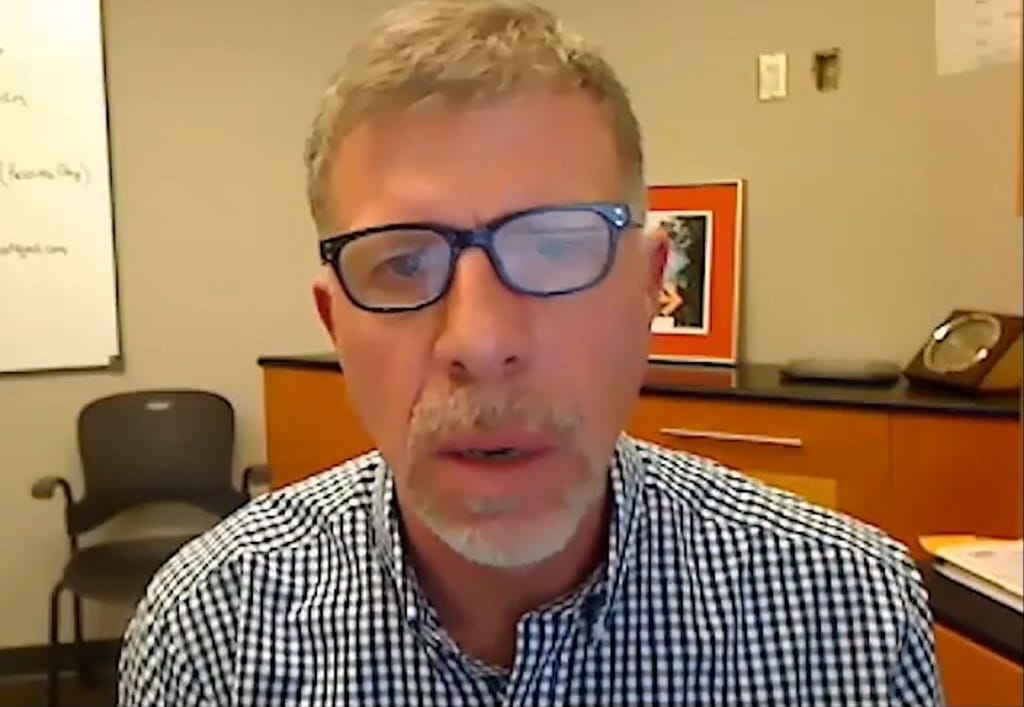CostQuest to Supply FCC Broadband Map After Watchdog Denies Contract Appeal
The Government Accountability Office rejected LightBox’s bid to protest CostQuest’s award to build the map.
Benjamin Kahn

WASHINGTON, March 3, 2022 – The Government Accountability Office last Thursday denied an appeal by real estate mapping company LightBox that challenged the Federal Communications Commission’s selection of CostQuest Associates to construct the agency’s enhanced broadband map.
In a press release Wednesday, CostQuest, a mapping data provider, announced the decision by the watchdog, stating that though the appeal delayed its “contract performance” by three months, the company is on track and expected to deliver the first version of the Broadband Serviceable Location Fabric to the FCC “later this year.”
The GAO’s decision came just two days after the FCC officially set a date for June to begin collecting internet service provider data for the better map. Commerce Secretary Gina Raimondo previously said that her communications with the agency yielded a possible summertime release of the map.
The FCC awarded the contract to CostQuest in November as part of its obligation under the Broadband Deployment Accuracy and Technology Availability Act, which became law in 2020.
The creation of a national fabric – or aggregation of data into a single model for the country – is a critical part of bridging the digital divide and integral for the disbursal of billions in federal funds from the Infrastructure, Investment and Jobs Act, $42.5 billion of which is managed by the National Telecommunications and Information Administration.
Broadband mapping has been widely discussed in recent years and the FCC has acknowledged that its efforts on this front have been insufficient. The FCC’s current maps only reflect broadband service on the census block level, meaning that if a single address in a census block has access to broadband, the entire census block is considered to have access to broadband. The agency has also begun collecting crowdsourced data.
The services outlined by CostQuest show a higher level of granularity, being able to distinguish between specific addresses, their broadband speeds and quality, and regional marketing trends. In addition to being able to aggregate this address specific data, CostQuest will be able to overlay and compare it with cost, funding, and technology assessments.
States taking initiative on mapping
Though some states were already in the process of their own respective mapping efforts, many will still be largely dependent on federal maps to apply for funding and ultimately deploy broadband infrastructure to underserved and unserved Americans.
“States will have direct access to the location data in the BSLF to support the collective effort of building a better national map,” Jim Stegeman, president and CEO of CostQuest, said in a press release Wednesday, adding it will be available to service providers as well.









Member discussion